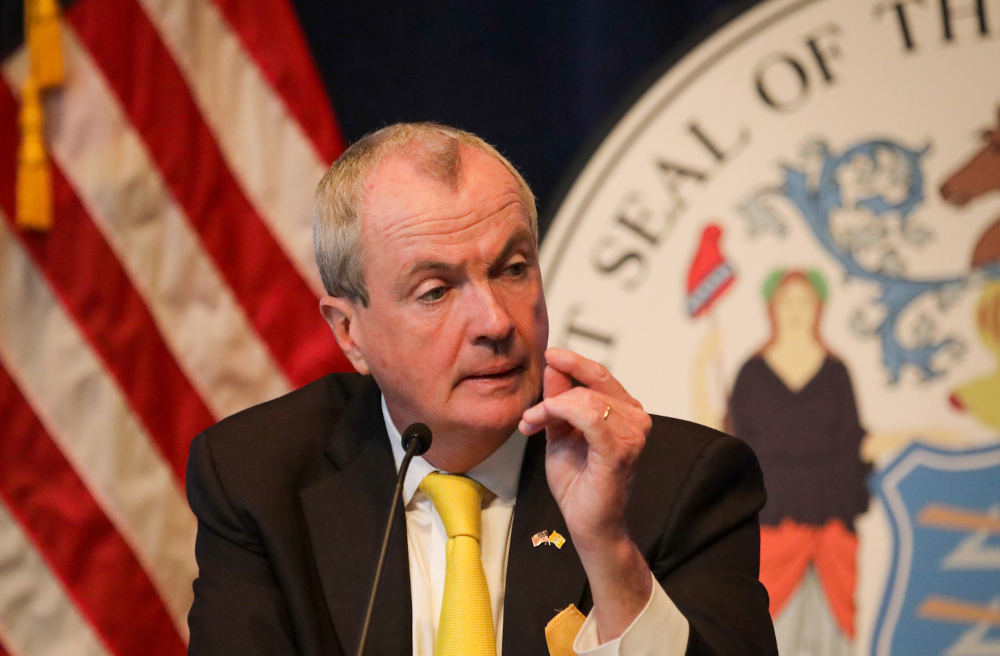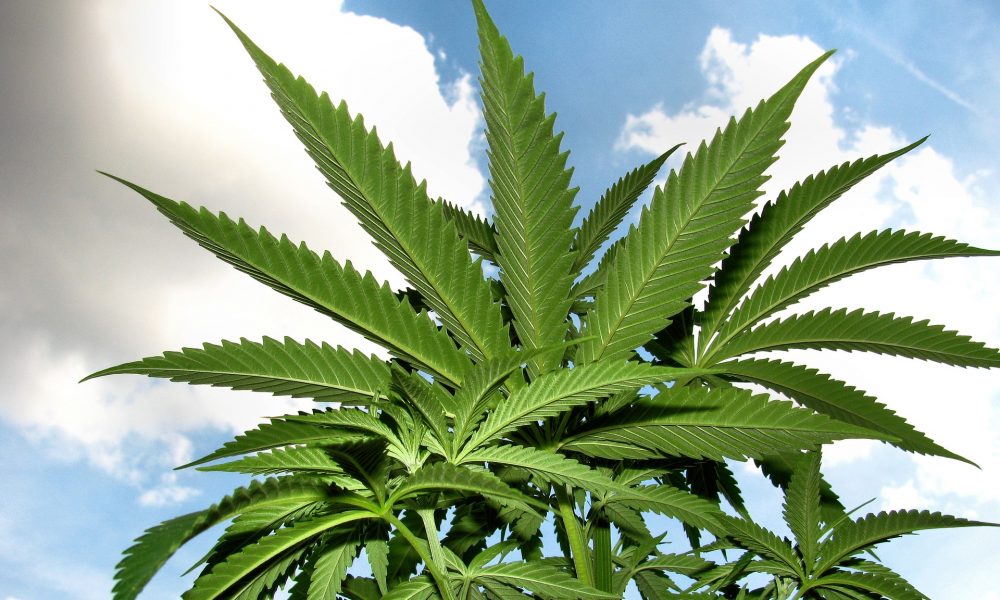Hawaii advocates are feeling confident about the prospects of advancing marijuana legalization in the new session, with an activist coalition holding a press conference on Wednesday alongside state lawmakers to lay out the path forward for reform.
There’s renewed reason for optimism in the new year, as voters elected a pro-legalization governor and lieutenant governor during the November election. Lawmakers are now prepared to introduce reform legislation after officials finalized recommendations for legalization as part of a task force.
Representatives of major advocacy organization—including the Marijuana Policy Project (MPP), ACLU of Hawaii and Drug Policy Forum of Hawaii—said at Wednesday’s briefing that they’re gearing up for an active session, with hopes to also pass legislation to facilitate automatic record clearing and resentencing.
They were joined by Rep. Jeanné Kapela (D), who plans to file legalization legislation and said that “this year, we stand on the precipice of history.”
“We now have a roadmap for legalizing recreational cannabis in our islands,” she said. “Legalizing cannabis is not just a matter of money, it is a matter of moralities.”
“Our society’s most marginalized people would be first in line to participate in the cannabis industry that we are seeking to grow,” Kapela added. “Agricultural and business practices would be based on sustainable and indigenous cultivation methods, ensuring that cannabis operations uplift the needs of U.S. residents, the needs of Hawaii’s people, not the profits of multi-state corporations.”
Kapela said that her legislation will incorporate some of the recommendations made by a state cannabis task force that submitted a report on legalization policy considerations to the legislature ahead of the new session.
“People of color and economically disadvantaged residents are disproportionately harmed by our state’s unwarranted commitment to incarceration,” Kapela said in a press release. “By legalizing cannabis, we can build an industry that diversifies our economy, strengthens our agricultural heritage, and delivers justice to those who have been unjustly criminalized.”
Legislators have worked to enact legalization in the Aloha State over several sessions, but while the reform was approved in the Senate in 2021, it stalled after failing to proceed past a House committee by a key deadline.
“Marijuana prohibition has caused immeasurable harm to our communities, particularly communities of color,” DeVaughn Ward, senior legislative counsel at MPP, said. “Cannabis legalization is an opportunity to stop the harm to our residents and the waste of limited public safety resources.”
Nikos Leverenz of the Drug Policy Forum of Hawaii said that the legislation that’s set to be introduced represents “a critical opportunity for the legislature to repair the substantial harms that decades of cannabis prohibition have wrought upon those from Native Hawaiian and under-resourced communities.”
“Hawaii’s cannabis policy should center the needs of those damaged by the continued criminalization of cannabis and draconian drug law enforcement,” he said. “At the same time, a properly regulated adult-use market will create many quality jobs and business opportunities across the state, including those related to cannabis tourism, craft cannabis, and cannabis science.”
Advocates didn’t get much help from the former Democratic governor, Dave Ige, who has resisted legalization, in part because he said he was reluctant to pass something that conflicts with federal law. That’s despite the fact that Hawaii has a medical marijuana system that allows people to grow and sell cannabis in contravention of broad federal prohibition.
But now that Gov. Josh Green (D) has been sworn in, activists are feeling emboldened. He said in November that he’d sign a bill to legalize cannabis for adults and already has ideas about how tax revenue from marijuana sales could be utilized.
“I think that people already have moved past that culturally as a concern,” Green said in a debate ahead of the election.
That’s a welcome development for advocates, who have spent years working with lawmakers to develop a bill to tax and regulate cannabis in the state only to consistently have the governor airing skepticism about the reform.
In 2020, Ige allowed a bill to become law without his signature that decriminalized possession of up to three grams of cannabis, making the offense punishable by a $130 fine, without the possibility of incarceration. But even then he was reluctant, describing it as “a very tough call” and saying he went “back and forth” on the issue.
Meanwhile, a Hawaii Senate committee approved a bill last year to make it so people 65 and older could automatically qualify for medical marijuana, regardless of whether they had a diagnosed condition that would otherwise make them eligible. But that legislation was not ultimately enacted last session.
The state legislature adopted a resolution in 2021 that asks the state to seek an exemption from the Drug Enforcement Administration (DEA) stipulating that it is permitted to run its medical cannabis program without federal interference. The House approved an identical measure in March 2021, but it only applied to that chamber.
Lawmakers in the state have separately worked to advance modest psychedelics reform legislation. A House committee approved a Senate-passed resolution to request that the state form of a psilocybin working group that would explore the therapeutic potential of the psychedelic, but it stalled out as well.
Minnesota Lawmakers Approve Marijuana Legalization Bill With Amendments In First House Committee Stop
Read the full article here



